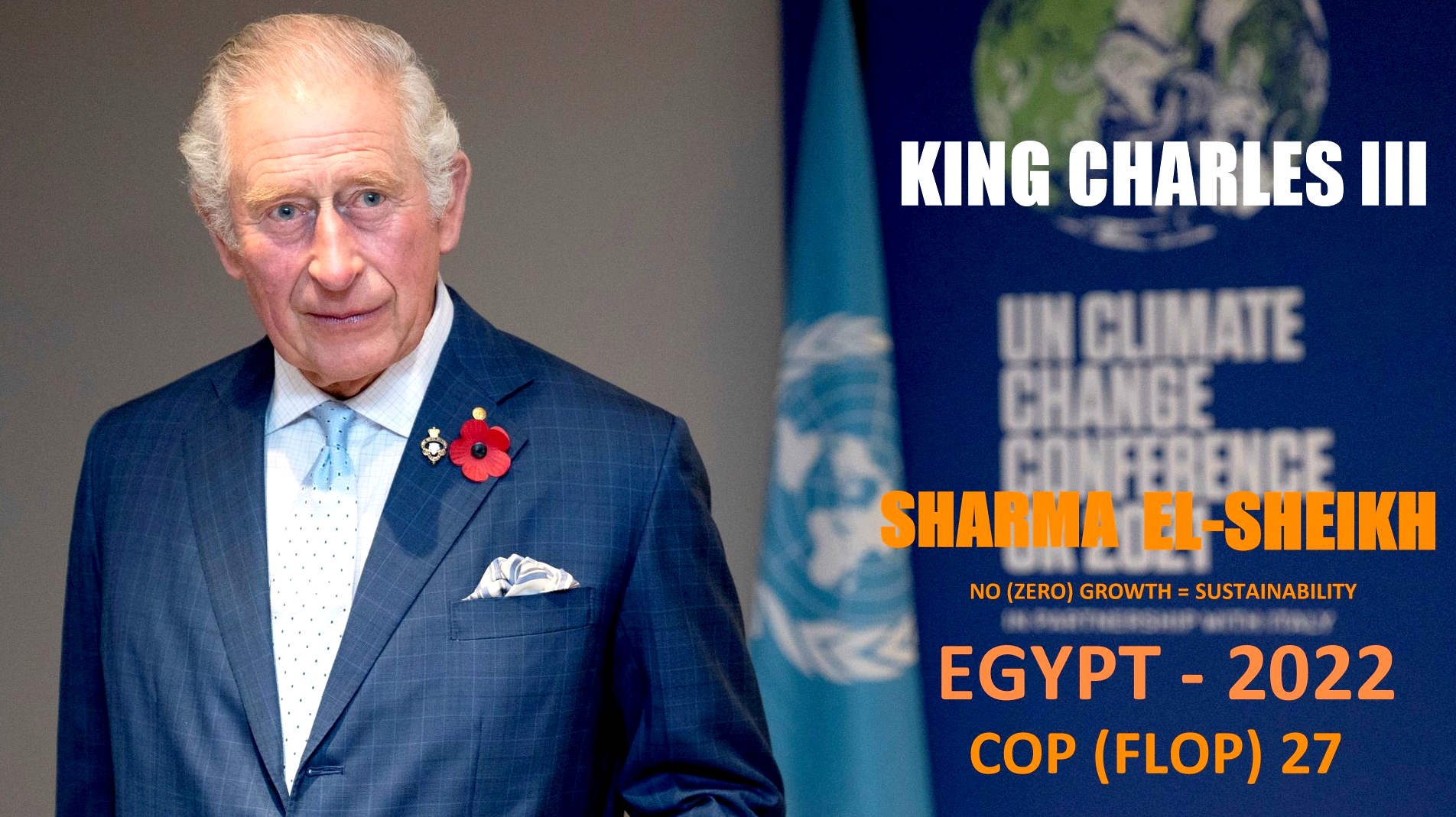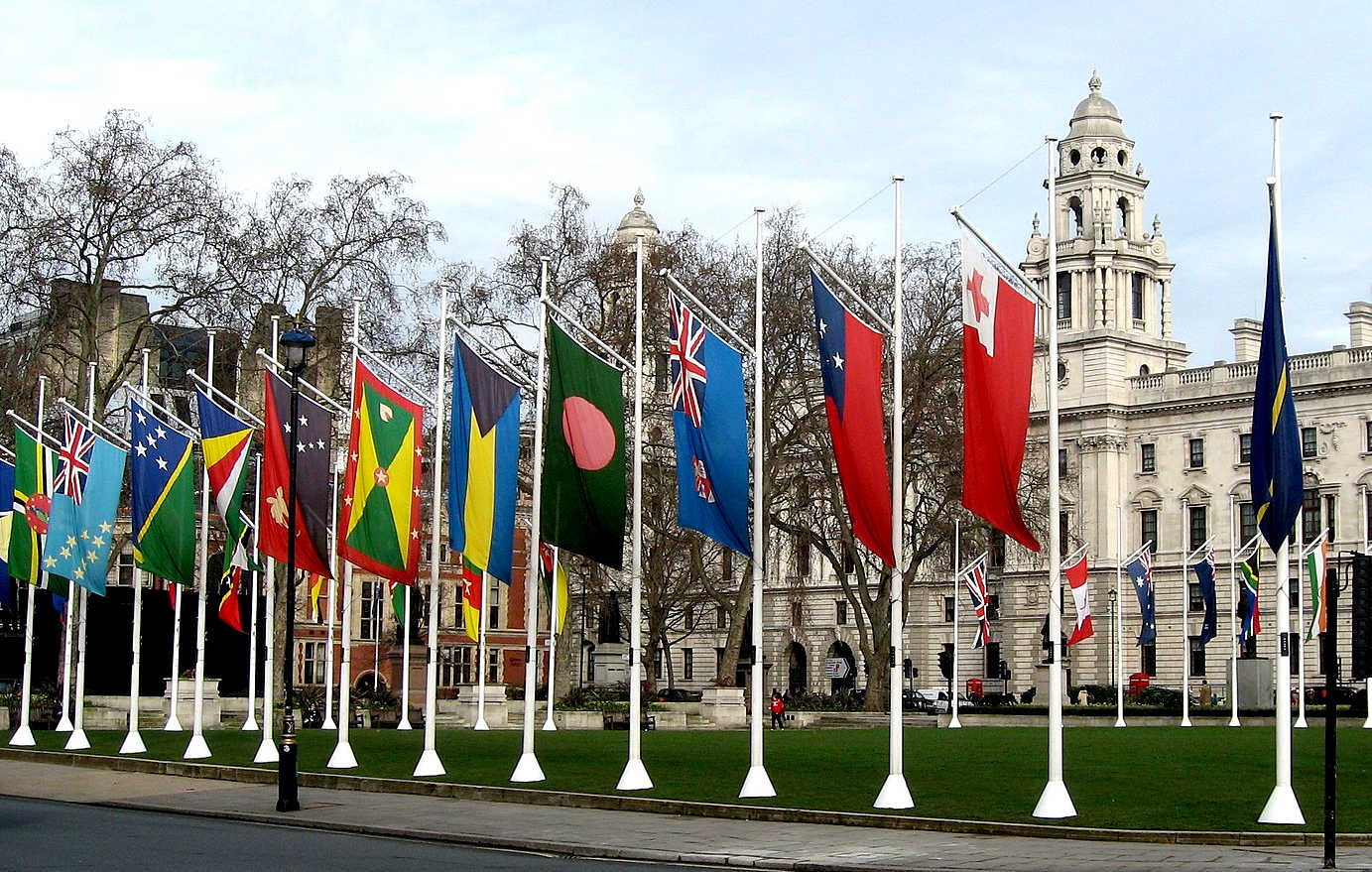
The Commonwealth comprises 56 countries, across all inhabited continents. The members have a combined population of 2.4 billion people, almost a third of the world population, with 1.4 billion living in India, and 94% living in either Asia or Africa. After India, the next-largest Commonwealth countries by population are Pakistan (227 million), Nigeria (213 million), Bangladesh (167 million), and the United Kingdom (68 million). Tuvalu is the smallest member, with about 12,000 people.
As membership is purely voluntary, member governments can choose at any time to leave the Commonwealth. The first state to do so was Ireland in 1948 following its decision to declare itself a republic. At the time, all members accepted the British monarch as head of state as a condition of membership. This rule was changed after Ireland's departure to allow India to retain membership when it became a republic, although Ireland did not rejoin. Pakistan left on 30 January 1972 in protest at the Commonwealth's recognition of breakaway Bangladesh, but rejoined on 2 August 1989. Zimbabwe's membership was suspended in 2002 on the grounds of alleged human rights violations and deliberate misgovernment, and Zimbabwe's government terminated its membership in 2003. The Gambia left the Commonwealth on 3 October 2013, and rejoined on 8 February 2018.
The Maldives withdrew from the Commonwealth on 13 October 2016, citing Commonwealth's "punitive actions against the Maldives since 2012" after the allegedly forced resignation of Maldivian President Mohamed Nasheed among the reasons for withdrawal. Following the election of Ibrahim Mohamed Solih as president in November 2018, the Maldives announced its intention to reapply to join the Commonwealth. They rejoined on 1 February 2020.
Although heads of government have the power to suspend member states from active participation, the Commonwealth has no provision for the expulsion of members.
Until 1948, there was a consensus among the existing half-dozen Commonwealth members that Commonwealth realms that became a republic would cease to be members but the situation changed in 1948 when newly independent India announced its intention to become a republic on 1 January 1950 although it wished to remain in the Commonwealth. This was granted. Now, the majority of the Commonwealth members, including all those from Africa, are republics or have their own native monarch.
Ireland withdrew from participation in the Commonwealth in the 1930s, attending its last Commonwealth governmental heads' meeting in 1932. For some years Ireland considered itself to be a republic outside the Commonwealth but the Commonwealth considered Ireland to still be a Commonwealth member. Its treatment as a member ended on 18 April 1949 when Irish legislation that the Commonwealth chose to regard as having caused Ireland to become a republic became law. It is the only country whose membership terminated without any declaration withdrawing from the organisation. Instead, it was (with its own tacit support) excluded from the organisation.
South Africa was barred from continuing as a member after it became a republic in 1961, due to hostility from many members, particularly those in Africa and Asia as well as Canada, to its policy of racial apartheid. The South African government withdrew its application to remain in the organisation as a republic when it became clear at the 1961 Commonwealth Prime Ministers' Conference that any such application would be rejected. South Africa was re-admitted to the Commonwealth in 1994, following its first multiracial elections that year.
The transfer of sovereignty over Hong Kong in 1997 ended the territory's status as a part of the Commonwealth through the United Kingdom. Non-sovereign states or regions are not permitted to become members of the Commonwealth. The government of the People's Republic of China has not pursued membership. Hong Kong has nevertheless continued to participate in some of the organisations of the Commonwealth Family, such as the Commonwealth Lawyers Association (hosted the Commonwealth Lawyers Conference in 1983 and 2009), the Commonwealth Parliamentary Association (and the Westminster Seminar on Parliamentary Practice and Procedures), the Association of Commonwealth Universities and the Commonwealth Association of Legislative Counsel, as well as the Commonwealth War Graves Commission (CWGC).
In
latter times, some of the colonies and dependent territories, have
become independent. Divorcing themselves from the English Head of State
and British rule. In 2022, King
Charles III took over from Queen
Elizabeth II.
The
British Empire, was a worldwide system of dependencies - colonies, protectorates, and other
territories - that over a span of some three centuries was brought under the sovereignty of the crown of Great Britain and the administration of the British government.

Many
commonwealth nations benefited by the slave trade in their formation,
then divorced themselves from English rule and taxes, and eventually,
slavery. The United States of America is a good example of this, with
the War of Independence, and then the American Civil War.
REFERENCE
https://
